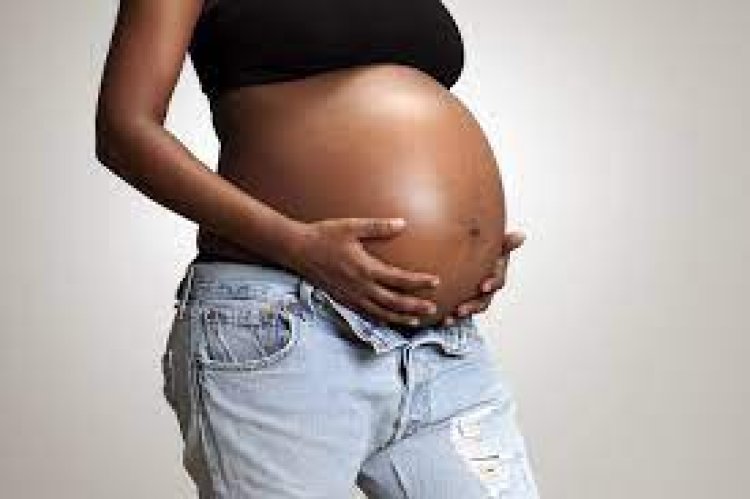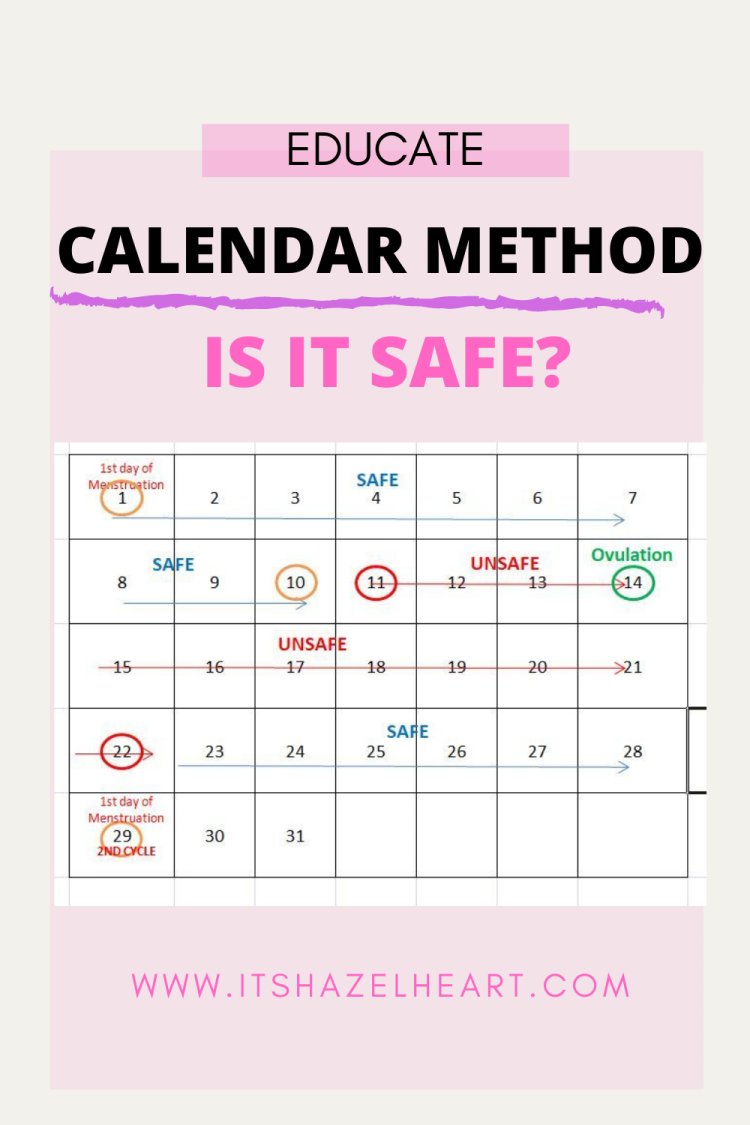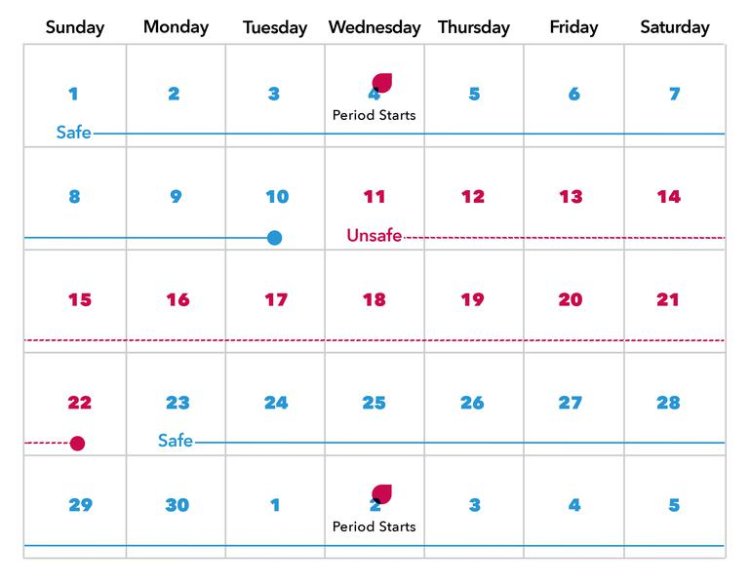How to Avoid Unwanted Pregnancy Without Using Family Planning Pills
Pregnancy occurs when an egg is fertilized by a sperm, grows inside a woman's uterus, and then develops into a baby. This procedure takes roughly 42 weeks in humans or 9 months. Fertilization will only take place after Ovulation.

1. Ovulation is the process in which a mature egg is released from the ovary. After it's released, the egg moves down the fallopian tube and stays there for 12 to 24 hours, where it can be fertilized.
Children are a blessing to families, but they can also be a hardship for parents, particularly if they arrive suddenly. A woman's unplanned pregnancy can throw her off emotionally, physically, and financially.
well, below are ways of preventing unwanted pregnancies without being on contraceptive drugs.
As a woman, you should note that a male cell will survive 5 - 7 days in the uterus after copulation. As a result, those with short menstrual cycles should take extra precautions, particularly during the first few days of the cycle when it's easier to become pregnant.
Knowing when you'll ovulate assists you to avoid unplanned pregnancy by taking precautions on fertile days.
How to know if you're Ovulating


4. Subtract 11 from the longest number of days. If your period's longest number of days is 34, subtract 11 from it to get 23. Note this number too.
5. The days you recorded in numbers 1 and 3 are your fertile days. Your fertile days are between days 10 and 23 therefore during these days, avoid unprotected intercourse or use protection.


























